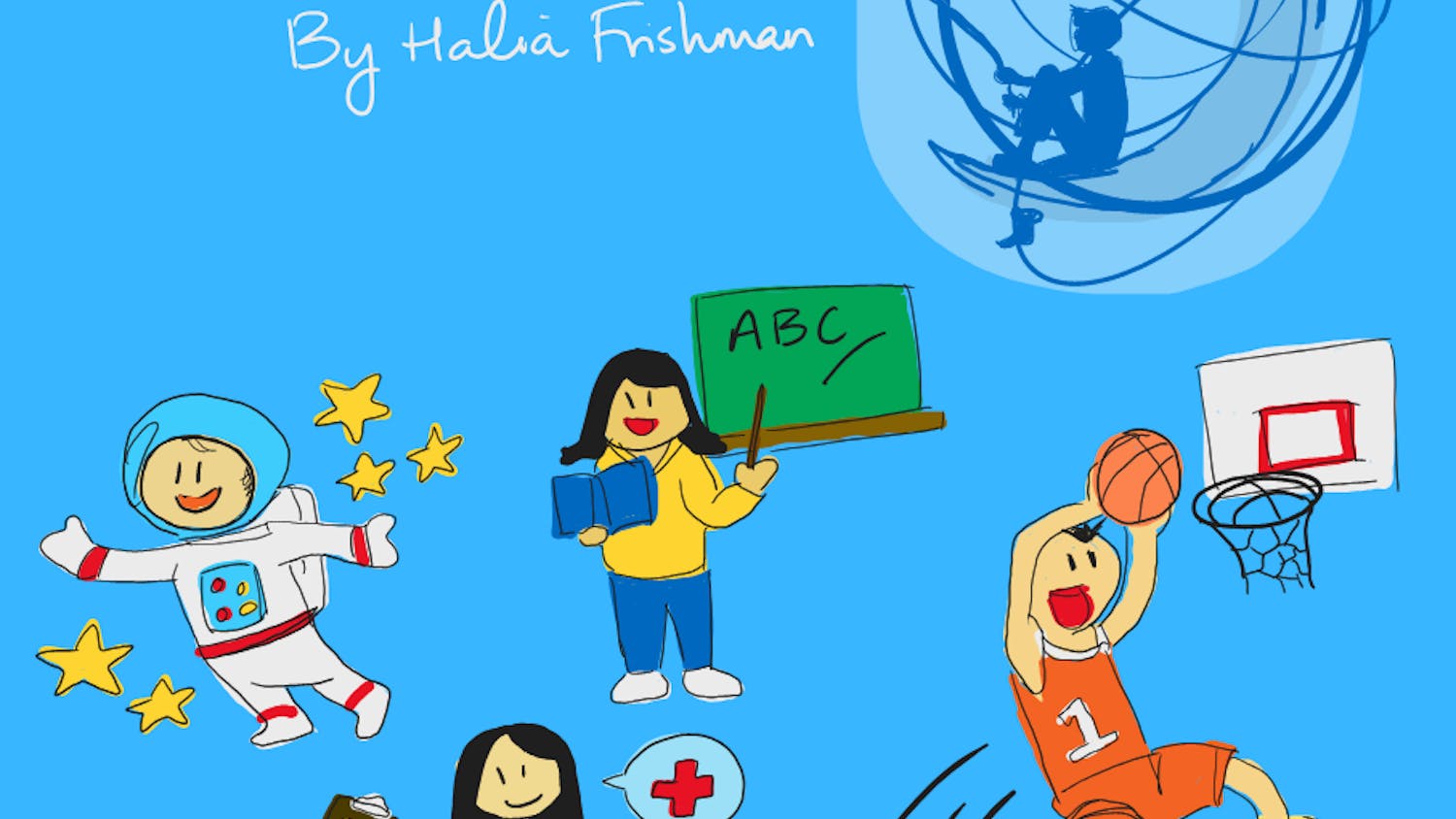If there's one thing I've learned from The Traveling Wilburys (there is only one thing), it is that supergroups tend to be less than the sum of their parts. It seems like a good idea: George Harrison is good, Roy Orbison is good, Bob Dylan is good, Tom Petty is pretty good and Jeff Lynne won a Grammy. If they all get together, they'll be good and win a Grammy. Q.E.D.
Granted, that same logic produced Cream and Blind Faith, but it also produced Audioslave, Zwan and the 2004 US men's national basketball team — aka the Cream Team. Having a slew of talented people doesn't guarantee a quality output. If you get that many elite cooks in the kitchen, issues of chemistry, focus and balance can get in the way of success, and the resultant supergroup sometimes just gets its ass kicked by Puerto Rico and Lithuania.
Lipp Service — the live-electro supergroup of producer Eliot Lipp, Lane Shaw and Alex Botwin from the Boulder band Pnuma Trio — formed when a promoter asked Lipp, whose solo performances consist of him, a computer and some synthesizers, if he could perform his buttery-smooth, head-nodding, rump-rousing electro/hip hop/IDM blend with a live band.
The live-music gods then intervened, serendipitously introducing Lipp to Botwin and Shaw at a festival in February. The trio kicked around the Lipp Service idea, settled on it, and rehearsed a few times. The rest, as they say, is history.
Playing to a haggard crowd of zombies, ghosts and slutty Joe the Plumbers, Lipp Service showed Austin, Texas how a supergroup can be at least, and at times way more than, the sum of its parts. With chemistry like peas and carrots and bass that shook windows, Lipp Service put on a Halloween performance that was scarily (SNAP!) good.
That these lads only recently met and have played less than ten shows together is absolutely astounding. On stage, the trio — Botwin on bass, Shaw on drums and Lipp playing keys and stripped-down samples from his songs — has such a visibly harmonious dynamic that you nearly expect them to finish each other's sentences backstage.
During "Eyesore," you could see Lipp look up from his keys/computer to nod/motion at Shaw to cue the next drum section. During Lipp's solo sets, cuing synthetic drum tracks would be something that he would do himself from his computer. During the Lipp Service set, the transitions were so smooth that Lipp might as well have been doing them digitally, with the added benefit of being between live drum tracks instead of programmed ones.
The live drums add an element to Lipp's songs, but, at times, Botwin's live bass makes the Lipp Service songs better than their digitally produced counterparts. Not only does Botwin handle Lipp's synth lines with his four-string, but on tracks like the swaggering banger "Vallejo," he turns them up, breathing even more life into my favorite songs.
The best was "Flashlight." I was outside the venue for the first few bars of this Lipp mainstay, and across the building, down two flights of stairs from the stage, the windows were vibrating from the bass. And it wasn't just the volume — Botwin holding down the bass lets Lipp focus on tweaking, cutting and cuing the melodies in ways he simply can't when he's responsible for the whole song.
Lipp Service is what happens when talented, egoless people cooperate. Playing off each other's strengths, the supergroup sounded infinitely better than they would have if they each showcased their individual skills, and that's exactly how they put on a killer show. If they could only play basketball...
Michael Goralnik is a senior majoring in American studies. He can be reached at Michael.Goralnik@tufts.edu





